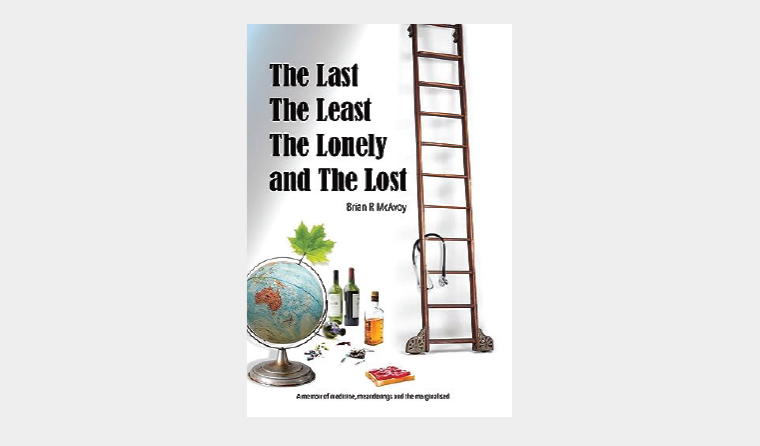
Author: Brian R McAvoy
New Zealand: Brian R McAvoy, 2023
Paperback ISBN 9780473686918
In this book, Brian McAvoy chronicles his journey through medicine. He attended medical school in Glasgow, Scotland, undertaking clerkships in (then) Yugoslavia, the United States of America, South Africa and Poland. He was one of the first family medicine trainees in Glasgow and has worked from the picturesque chocolate box villages in England, to remote areas near Arctic Canada and then in the ‘epicentre of Melbourne’s drug-using community’. During his career, he often worked with, as he describes them, the last, the least, the lonely and the lost, which was a common theme throughout the book. Brian also taught medical students in many countries, culminating in becoming Head of School in Newcastle-upon-Tyne. He worked for The Royal College of General Practitioners in Melbourne, Australia, before moving into drug and alcohol clinical work in Tasmania, Australia. Inevitably, across his career, he encounters humour, health inequities and disadvantage, but also incredible resilience.
Throughout the book, memoirs are broken up with excerpts and quotes from a variety of sources, including the poetry of Robert Burns, literature, politicians and pop culture. Although some of these added value to the discussion, at other times, they hampered the reading experience. There are also italicised reminiscences of different situations, such as being stuck filling time while hosting an international symposium when the technology failed on the video links. Significant events of the time, both local and international, were included, giving a wider context and a deeper understanding of the era. There is some philosophising on the changes to medicine and society more broadly.
The last, the least, the lonely and the lost provides an interesting read of a career that balanced general practice, education and academia, and addiction medicine. Although he lived and worked across many continents, there is still relevance to an Australian context. For example, one of the challenges while working in primary care near the Arctic Circle was the tyranny of distance – a familiar feeling to those working in rural and remote Australia. The balance of clinical and academic work is also common among clinicians today.
Overall, this book was an enjoyable read, but I did find myself skimming across some of the excerpts and quotes. It is an interesting chronicle from when the field of general practice was in its infancy to now as a recognised specialty. The poignant was balanced with the humorous, and the tolls of clinical and corporate life were discussed.